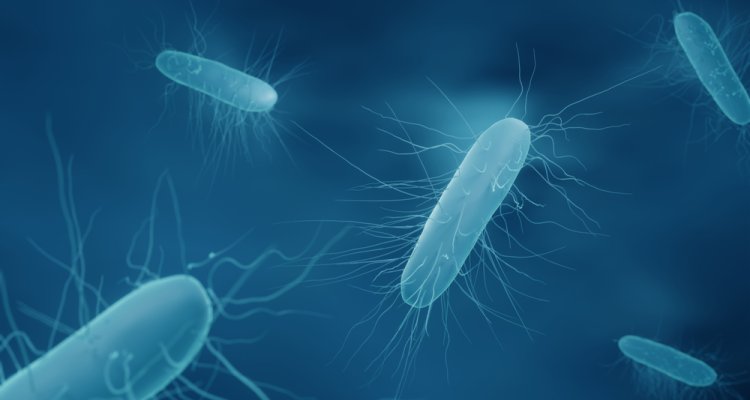
PhD defence
Biofilm growth and electron storage at anodes
Summary
Bio-electrochemical systems (BESs) have been suggested as a promising technology to help deal with current environmental issues. These systems use electro-active microorganisms as biocatalysts that can exchange electrons with electrodes. By doing so, energy and resources can be recovered from waste streams (in a bio-anode) or energy can be provided to these microorganisms to synthesize added-value products or energy-storing compounds (in bio-cathodes). However, to achieve better performances, the interaction between these microorganisms and electrodes needs to be further understood. In this thesis, the interplay between the current produced at anodes and the growth of these microorganisms was studied, as well as their ability to store electrons. Briefly, it was found that the overgrowth of these microorganisms led to mass transfer limitations, which limited the produced current. Besides, electron storage was found in the form of biopolymers, both extracellular and intracellular, which opens new niches for BESs.